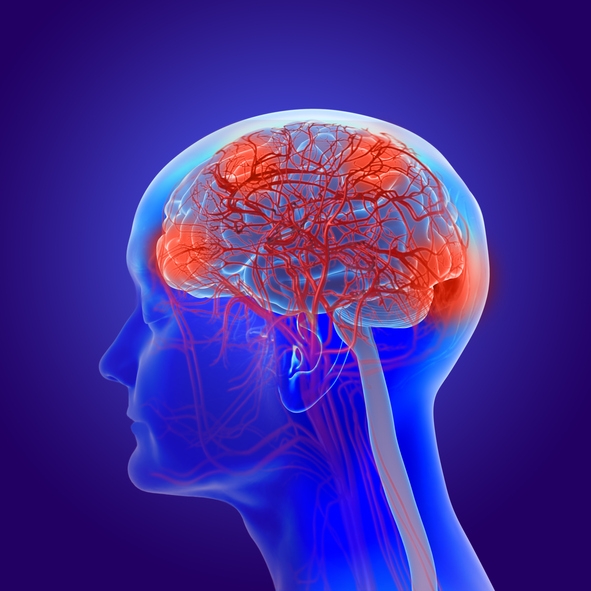“The first person to one day be cured of Alzheimer’s is alive today.” After 58 year old Judi Polak was diagnosed with Alzheimer’s, this became her mantra. The specialists they consulted were pretty pessimistic about Judi’s prognosis. But Judi wanted to fight her disease. Therefore, when she heard of a groundbreaking new clinical trial aimed at treating Alzheimer’s, she immediately signed up to participate. While the treatment is still in the initial phases of experimentation, findings are very promising.
The treatment being tested is known as focused ultrasound, according to this AARP article. Essentially, the treatment opens up the blood-brain barrier. This is a semipermeable membrane that surrounds the blood vessels in the brain. It’s very important in keeping germs and infections from reaching the brain. However, it also may be keeping certain existing Alzheimer’s medications from reaching the brain as well.
To participate, Judi underwent an MRI with a million dollar helmet with 1,000 tiny probes. Each probe emitted ultrasound straight to her hippocampus, the portion of the brain responsible for memory. Then, tiny microbubbles were injected into her bloodstream. These microbubbles eventually reached the part of the brain hit by ultrasound. At that point, they basically bounced against the walls and opened up the blood-brain barrier.
Both Judi and her husband Mark noticed an immediate positive effect from the treatment. Mark recalls that before the treatment, Judi’s eyes had a dead look. This flatness disappeared following the treatment. They have also noticed slight improvements in her memory, confusion levels, and overall cognition. One theory to explain this is that the ultrasound triggers an immune response. In turn, this causes the brain to clear out the excessive plaques and tangles associated with the disease as toxic waste.
While it’s still far too early to know if this treatment will have lasting effects on patients, experts have seen similar results in five other patients like Judi. Although promising, there are many more phases to the trial to evaluate the safety and efficacy of the treatments. But to Judi and Mark, any improvement is a victory. Judi claims in the face of a devastating diagnosis, she chooses not to suffer, not to die, but to fight.


